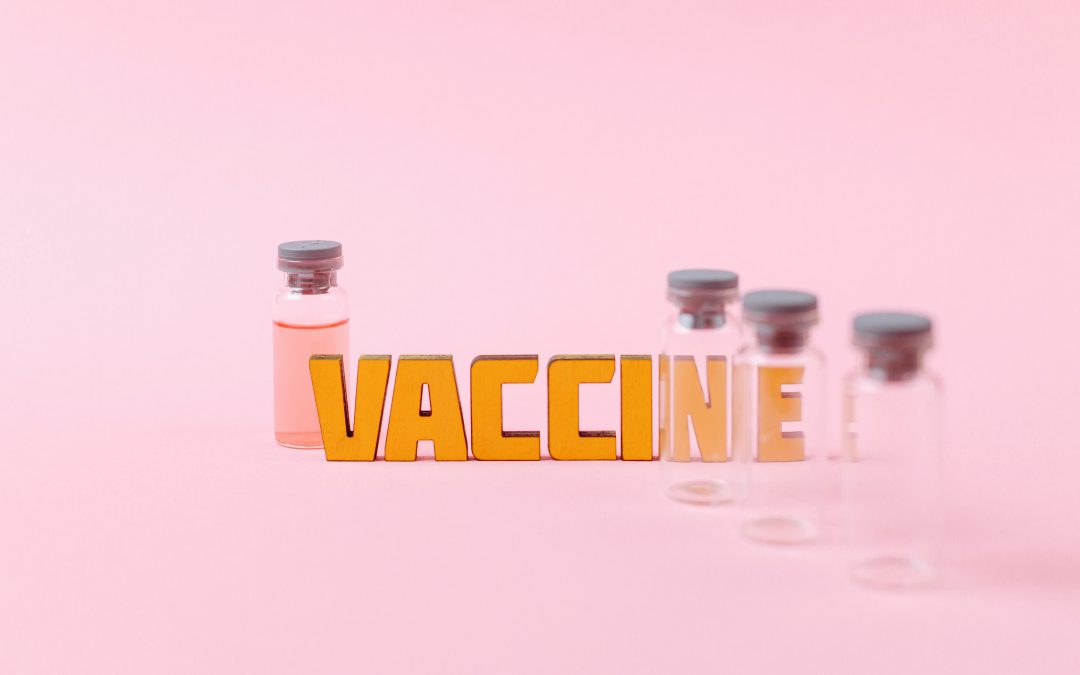With the Covid-19 vaccine on its way, there are many questions surrounding it, especially for our clients at Embrace Fertility Adelaide.
The British Fertility Society and Association of Reproductive and Clinical Scientists have created a document in response to questions that patients have been asking about Covid-19 vaccines and fertility so we have summarised their points below.
You can read the whole document here: Covid-19 Vaccines & Fertility. The science is rapidly changing and information is correct as at time of publication, but individuals should always seek advice from their own health care provider, especially if they have any concerns.
- Should people of reproductive age receive a Covid-19 vaccine?
Yes. People of reproductive age are advised to have the vaccine. This includes those who are trying to have a baby as well as those who are thinking about having a baby, whether that is in the near future or in a few years.
- Can any of the Covid-19 vaccines affect fertility?
There is no evidence, and no theoretical reason, that any of the vaccines can affect the fertility of women or men.
- Can I have a Covid-19 vaccine during my fertility treatment (IVF, Frozen Embryo Transfer, Egg Freezing, Ovulation Induction, Intra-Uterine Insemination, using donated gametes or not)?
Although you may wish to consider the timing of having a Covid-19 vaccine during your fertility treatment, taking into account that some people may get annoying side effects in the few days after vaccination that they do not want to have during treatment. These may include: tenderness at the injection site, fever, headache, muscle ache or feeling tired. It may be sensible to separate the date of vaccination by a few days from some treatment procedures (for example, egg collection in IVF), so that any symptoms, such as fever, might be attributed correctly to the vaccine or the treatment procedure. Your medical team will be able to advise you about the best time for your situation.
- Should I delay my fertility treatment until after I have had the Covid-19 vaccine?
The only reason to consider delaying fertility treatment until after you have been vaccinated would be if you wanted to be protected against Covid-19 before you were pregnant. The chance of successful treatment is unlikely to be affected by a short delay, for example of up to 6 months, particularly if you are 37 years of age or younger. However, delays of several months may affect your chance of success once you are over 37 and especially if you are 40 years of age or older.
- How soon after having a Covid-19 vaccine can I start my fertility treatment?
Immediately – you do not need to delay your fertility treatment, unless you wish to have your second dose before pregnancy (see above).
- I had a positive pregnancy test today. Can I still have a Covid-19 vaccine?
If you are in a risk category for Covid-19, either because of the potential for exposure at work or medical issues, you can still have the vaccine in pregnancy. If you have no increased risks for Covid-19, the Joint Committee on Vaccination & Immunisation (JCVI) have advised that you delay it until after pregnancy. There is no reason to believe that any of the Covid-19 vaccines would be harmful, but their effects in pregnancy have not yet been fully investigated. The information that is known is reassuring. None of the vaccines contain live virus and so there is no risk that the pregnant woman or her baby could get Covid-19 from the vaccine.For further information on vaccination in pregnancy, see the information produced by the Royal College of Obstetricians & Gynaecologists. The health care professional looking after you in pregnancy will be able to advise you taking into account your individual risk.
- I am donating my eggs/sperm for the use of others. Can I still have a Covid-19 vaccine?
Covid-19 vaccines do not contain any virus and so you cannot pass on Covid-19 by receiving the vaccine. The Human Fertilisation & Embryology Authority have stated that you must allow at least 7 days from the most recent vaccination prior to donating eggs or sperm. If the donor feels unwell after the vaccination, they must not donate for 7 days after their symptoms have got better.
- I have had recurrent miscarriages and am now trying to get pregnant again. Should I postpone having a Covid-19 vaccine?
There is no reason to postpone having your Covid-19 vaccine as it will not affect your risk of having a miscarriage.
Disclaimer
The above information represents the views of ARCS/BFS, which were reached after careful consideration of the scientific evidence available at the time of preparation. In the absence of scientific evidence on certain aspects, a consensus between the Executive teams and other members has been obtained.
ARCS/BFS are not liable for damages related to the use of the information contained herein. We cannot guarantee correctness, completeness or accuracy of the guidance in every respect.
Please be aware that the evidence and advice for COVID-19 vaccines for those trying to achieve a pregnancy or those who are pregnant already is rapidly developing and the latest data or best practice may not yet be incorporated into the current version of this document.
We recommend patients always seek the advice of their medical professional if they have any concerns.
To discuss your fertility treatment and options, contact the Embrace Fertility team today.

